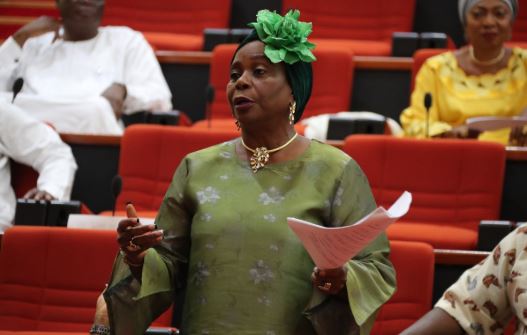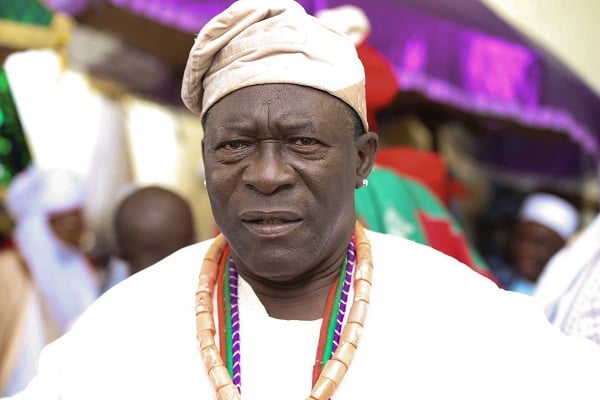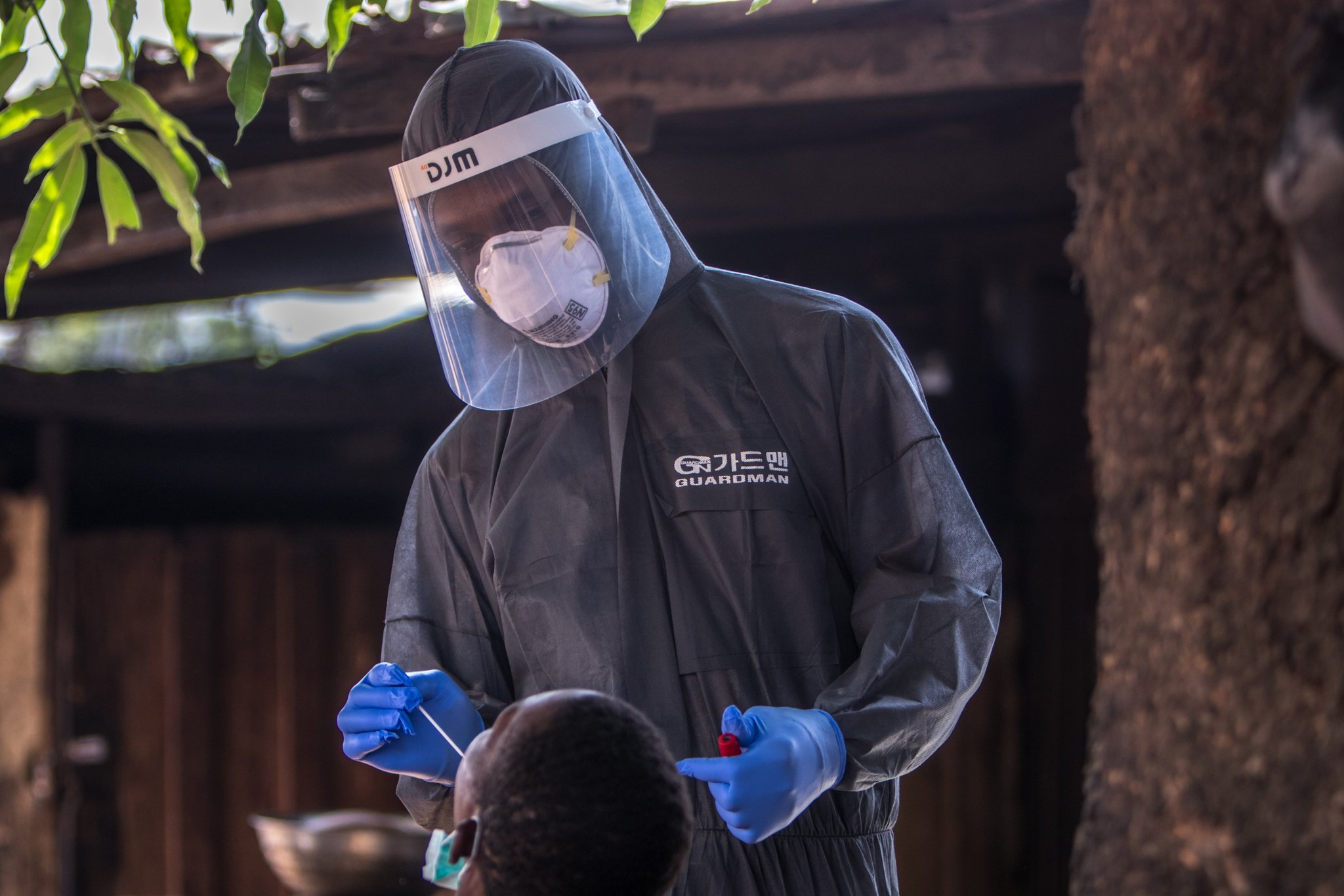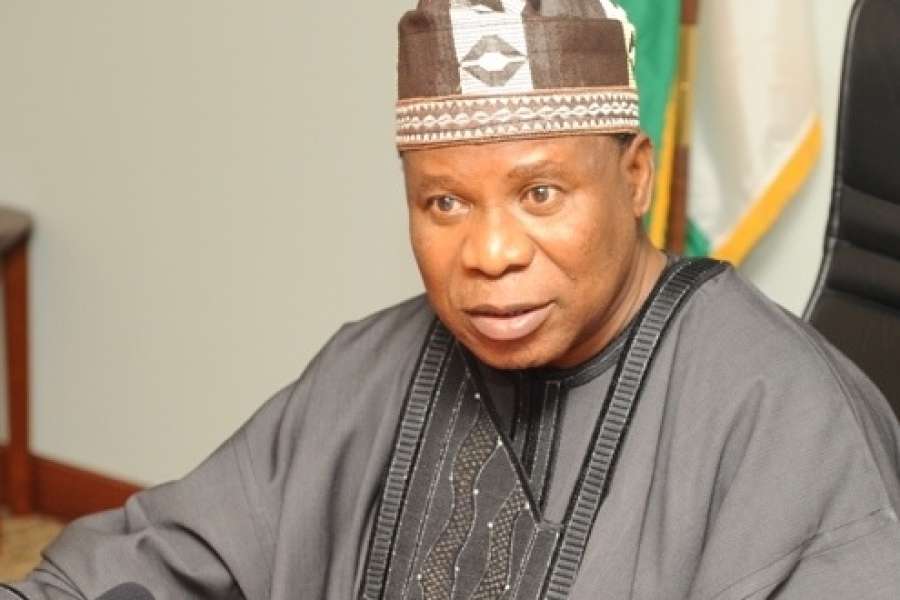BY IBRAHIM FARUK
Since independence in 1960, successive Nigerian governments have initiated programmes and projects aimed at the youth. The government of President Olusegun Obasanjo (1999-2007) launched the National Program for the Eradication of Poverty (NAPEP), which aimed to reduce poverty. The Federal Government of Nigeria under President Goodluck Jonathan also launched the Subsidy Reinvestment and Empowerment Programme (SURE-P), which targeted the youth, women and cooperative groups and the N-Power/National Social Investment Program (NSIP) under President Muhammadu Buhari which seeks to harness Nigeria’s young demography through appropriate skill development efforts provides an opportunity to achieve inclusion and productivity within the country.
The Federal Executive Council on Wednesday July 22, 2020, approved the establishment of the Nigerian Youth Investment Fund, (NYIF). The Youth Fund is dedicated to investing in the innovative ideas, skills, talents and enterprise of the Nigerian Youth and aimed at turning them into Entrepreneurs, Wealth Creators and Employers of labor contributing to national development. The NYIF is an indication that the President Buhari led Federal Government considers Nigerian youth as a resource to be harnessed and not a problem, hence the approval of the Fund.
Data from the National Bureau of Statistics reveals Nigeria’s unemployment rate as at the second quarter of 2020 is 27.1% indicating that about 21,764,614 (21.7 million) Nigerians remain unemployed. Nigeria’s unemployment and underemployment rate (28.6%) is a combined 55.7%. This means the total number of Nigerians who are unemployed or underemployed as at 2020 Q2. The data also reveals the worst-hit are Nigerian youths with over 13.9 million currently unemployed. In Q3 2018, the last time the report was released there were about 13.1 million Nigerian youths unemployed. Youth between the ages 15-24 have about 6.8 million Nigerians out of jobs and another 7.1 million also unemployed.
Recent public policies aimed at investing in youth and directed at addressing youth development and unemployment face a further challenge of lack of a proper monitoring and evaluation framework. Resources that have been allocated towards youth investments and development have left a lot to be desired in terms of assessing the impact on youth development and unemployment (especially considering the data from the National Bureau of Statistics).
However, policy formulation and its implementation appear to be mutually exclusive in the Nigeria context as efforts by successive governments to invest in youth and tackle youth unemployment have ended with little to show in terms of impact, largely due to poor implementation of the said programmes.
As part of efforts to ensure the Nigerian Youth Investment Fund is not a disaster, the Honorable Minister of Youth and Sports Development, Mr. Sunday Dare constituted a Focal Group which is tasked to, among other things, “Coordinate the engagement of the NYIF with youth groups and other stakeholders across the country for a proper feedback process to strengthen the Fund”.
Advertisement
The 23-member focal group is led by Oladipo Adebiyi with Samson Itodo, Executive Director of Yiaga Africa as deputy team lead. The constitution of the Focal Group (made up largely of Nigerian youth with experience in various sectors) and the Technical Committee is a sharp departure from previous youth investment programs where youth inputs were not considered in the design and implementation of the program. This is an important step towards ensuring the program delivers dividends to the youth constituency which it was set up to serve.
It is also important to add that this is the first time such a programme is domiciled in the Ministry of Youth and Sports Development, unlike previous programmes where the Ministry which should play a coordinating role has been relegated to being a bystander in the design and implementation of the programmes. Notwithstanding, the Technical Committee and the Focal Group of the NYIF must interrogate the weaknesses and achievements of past programmes in order to avoid or overcome the challenges they faced as well as build on the successes they made.
The Generation 2030 Africa 2.0 2017 Report by UNICEF notes that Africa can reap a demographic dividend that will see per capita incomes increase by up to four-fold by 2050, if policies which promote job growth are made alongside international and domestic investment in Africa’s human capital.
Advertisement
Conversely, if investments do not occur in Africa’s youth and children, the once-in-a-generation opportunity of a demographic dividend may be replaced by a demographic disaster, characterized by unemployment and instability.
Faruk is a programme manager with Yiaga Africa’s governance and development programme and a member of the leadership and strategy team of the Not Too Young To Run movement. He can be reached via [email protected], and tweets @IbrhmFaruk
Views expressed by contributors are strictly personal and not of TheCable.






